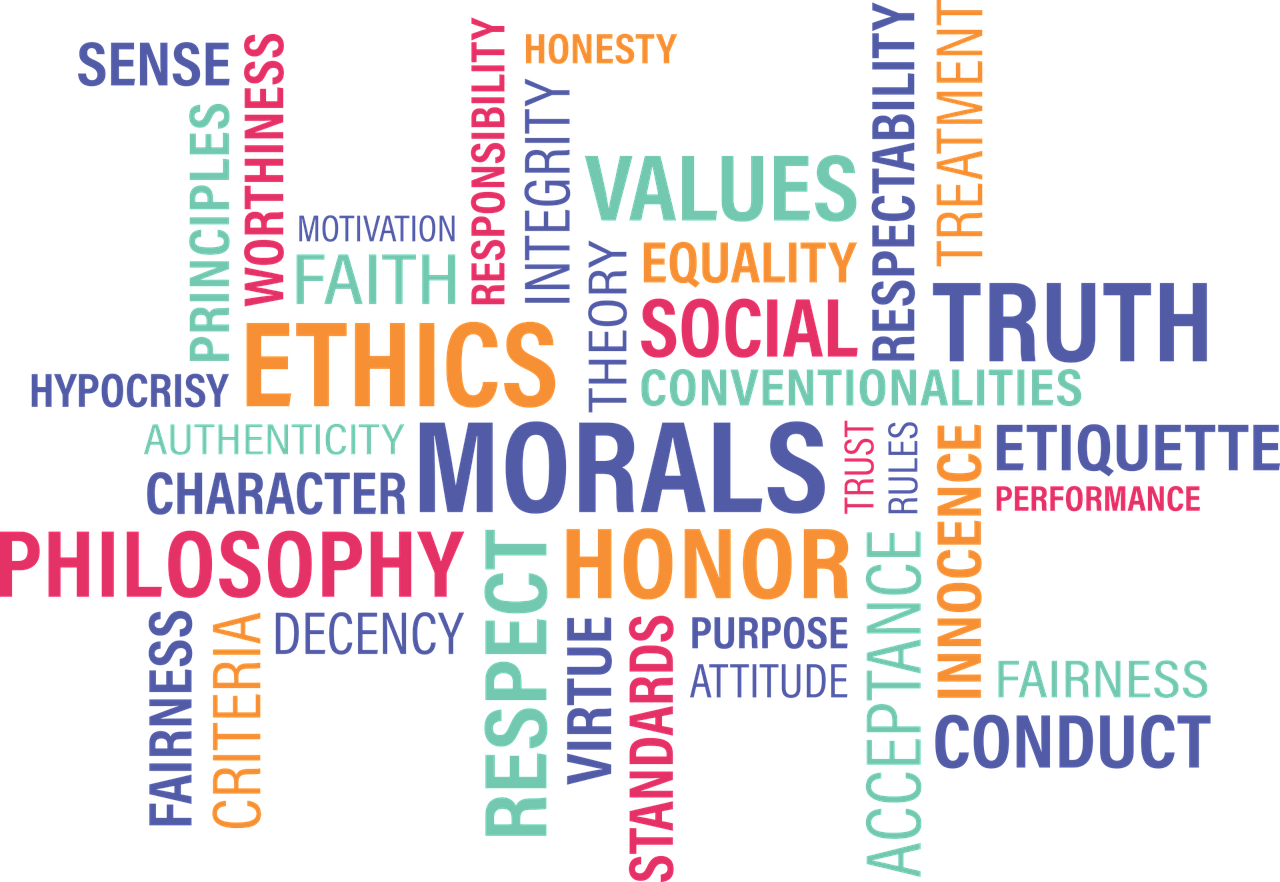When it comes to moral and ethical leadership, are we improving?
Consider this: almost 120 years ago, German socialist, economist, and politician Max Weber published his book, The Protestant Ethic and the Spirit of Capitalism, emphasizing that personal integrity and reputation matters: they form the basis of good business relationships. A person’s words are their bond and business can be counted on with a handshake.
Jump to the turn of the century. For six consecutive years, Fortune magazine deemed Enron one of the most innovative organizations and two months after being publicized, Enron filed for bankruptcy, bringing down companies and 1,000’s of individuals with it.
Not long after, new regulations and legislation were enacted including penalties regarding records and the accountability of auditing firms.
Then came the financial crisis of 2007-08, where organizations were deemed “too big to fail,” generating other hazards, risks, and an uneven playing field.
I could go on and on with other examples, several from the most recent past. The question is, how did we get here? And more importantly, where do we go from here?
Is Moral and Ethical Leadership Relative?
According to Robert Jackall, author of Moral Mazes (Oxford University Press, 2009), modern bureaucracy has created a “society within a society” in which there is a set of ethical standards that may not be consistent with those of the larger society.
Our current capitalistic society (or neo-capitalism) goes along with these sub-societies, as long as they are successful.
When there is a collapse, there is a cry of ‘foul.’
It would seem that there is such an emphasis on success, that morals and ethics sometimes take a back seat.
Of course this doesn’t happen in the organizations where I consult. But think about this: the larger the organization, the more complex the strategy and operations. It might seem easier to stretch standards and change numbers to reflect what is desired, rather than what is. Meeting the numbers seems more desirable than sticking to reality. Besides, one might reason that “reality” or “truth” is really just a question of which version, which perspective, is applied.
Now is the time to face reality. Any path forward requires acknowledgement of where we are, where we want to be, and how we will get there. I’ll dive in to that in my next post. In the meantime, what do you think?
When it comes to moral and ethical leadership, are we improving? I’d love to hear from you. You can reach me here, on LinkedIn, or give me a call: 561-582-6060.

Did You Enjoy This Article?
Join thousands of other smart business owners like yourself & get our Proffittable Times newsletter.
It's filled with actionable content you can apply immediately.
Sign up now to get started!
– Coach Nancy










